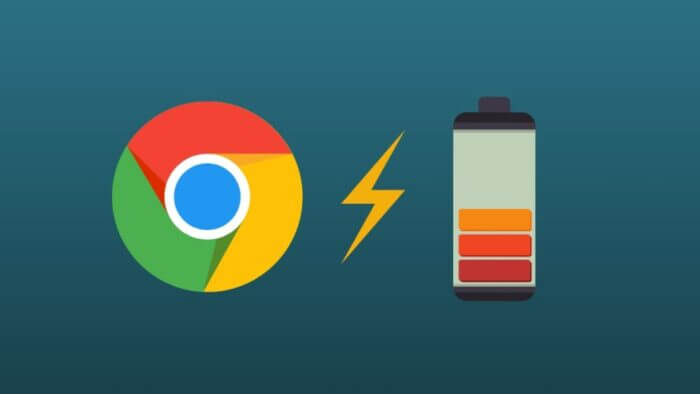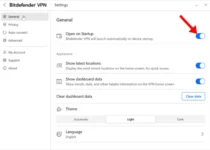A new feature in Google Chrome to increase battery life
Google is testing a beta feature in the Chrome web browser version 86 that will reduce energy use and increase battery life by 28 percent.
Although the browser still has a bad reputation in terms of battery consumption, especially if the user tends to open several tabs, the search giant seems ready to fix that.
The experimental feature allows reducing unnecessary JavaScript timers when the tab is in the background, such as the one that checks scroll mode, and makes it limited by one alert per minute.
This feature applies to the Chrome browser for Windows, Macintosh, Linux, Android, and Chrome OS systems.
When using (DevTools) to check the work of popular websites in the background, developers have found that Chrome users do not benefit from excessive use of JavaScript timers when the web page opens in the background.
There is no basic need to track certain things, especially when a webpage is in the background, for example: checking scroll position changes, reporting records, and analyzing interactions with ads.
Some unnecessary background JavaScript tasks lead to unnecessary battery consumption, which Google is now trying to address.

Google aims to reduce the number of tab timer JavaScript activations in the background and dramatically extend the computer’s battery life without sabotaging the user experience.
Google has confirmed that this method will not affect websites or apps that rely on (WebSockets) to receive messages or updates.
The saving rate can be important in appropriate circumstances, as it has been reported that Google has found that reducing JavaScript timers extends battery life by approximately two hours (28 percent) when 36 random tabs open in the background and a blank front tab.
Google also found that setting JavaScript timers extends battery life by about 36 minutes (13 percent) when 36 random tabs open in the background and a front tab that plays a video across the YouTube platform in full-screen mode.









